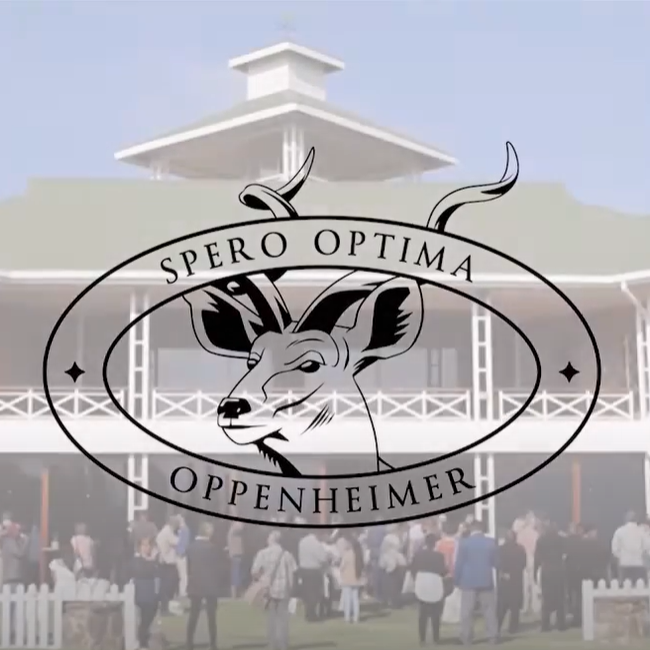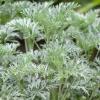
11th Oppenheimer Research Conference
Johannesburg
South Africa
The Oppenheimer Research Conference brings together select individuals and organizations operating and/or interested in the fields of natural and environmental science.
It offers a uniquely diverse and multi-disciplinary programme, that takes the form of plenaries, presentations, results presentations, posters, and panel discussions.
The conference contributes to the conservation of ecosystems, biodiversity, and heritage by creating this inclusive and encouraging platform for quality presentations, discussions, networking, and collaboration.
AWEI is proud to be participating.
AWEI contributions to the Conference
- Three cases of wildlife economy value chains
Presentation by Reinhard Bonke Nyandire, AWEI Fellow
Fri, 07 Oct, Session 1 08:30-10:00
AWEI is exploring wildlife enterprise value chains from a landscape perspective. The project explores the possibilities for developing potential and existing wildlife enterprises to transform, enhance, and maintain African landscapes. Opportunities for sustainable markets in wildlife products vary and are influenced by such factors as market access, community involvement, wildlife population management, and regulatory frameworks. Using a value chain approach, the project will identify and assess key opportunities and challenges in relation to the enabling environment and enterprise development. A component of the project to be presented at the ORC will investigate the value chains associated with three species. This investigation will trace the value chains of the markets for these three species and identify not only where value is added along the chains but also where sustainability outcomes can be enhanced. The insights from this investigation will raise awareness of the economic, ecological, and social contributions of the wildlife enterprises using these species.
- Non-tariff barriers inhibiting inter-continental trade in wild meat
Poster 11 by Biandri Joubert, AWEI Fellow
Wildlife meat should theoretically benefit from the liberalisation of inter-continental trade and the opportunities offered by the Agreement establishing the African Continental Free Trade Area (AfCFTA). The AfCFTA is, however, unable to liberalise the inter-continental trade in wildlife meat on its own. Various actors will interact along the value chain in the application and enforcement of this agreement and its success relies on co-operation and facilitation of agreed upon processes and procedures by member states. Barriers to trade inevitably arise when multiple countries trade with one another. Therefore, a product specific understanding of existing and persistent associated non-tariff barriers (NTBs) is necessary to identify and understand challenges that require National, Regional or Continental level co-operation to resolve NTBs if the AfCFTA is to facilitate mutual economic benefit to parties to the AfCFTA in the trade of wildlife meat. This research primarily aims to evaluate the AfCFTA’s NTB mechanism in terms of its accessibility to producers or exporters and its ability to identify and facilitate the elimination of identified NTBs.
- Voluntary standards and certification schemes for the wildlife economy
Poster 34 by Francis Vorhies, AWEI Director
In 2011, the CBD Secretariat in partnership with UNEP WCMC released a Review of the Biodiversity Requirements of Standards and Certification Schemes. The study reviewed the biodiversity requirements of thirty-six standards to understand how these standards enable businesses to demonstrate their biodiversity performance to investors, consumers, and other stakeholders. Building on the findings of this review, our research explores the type of standards and certification schemes needed to demonstrate the sustainability outcomes of wildlife-based enterprises. The aim of our study is to support further development and use of voluntary standards and certification schemes for the wildlife economy that will provide assurance to investors, consumers, and other stakeholders of the sustainability outcomes of wildlife-based enterprises.
Other AWEI people at the conference
- Brian Child, AWEI Board Member and Professor, University of Florida
- Cyrie Sendashonga, AWEI Board Member and Interim Director, Luc Hoffmann Institute
Get updates by email
In a complex and changing world, AWEI generates strategic ideas, conducts independent analysis on wildlife economies, and collaborates with global scholar-practitioners to provide training and expertise for biodiversity conservation, climate resilience, and inclusive economic opportunities in Africa.
Sign up for a quarterly dose of AWEI insights
In a complex and changing world, AWEI generates strategic ideas, conducts independent analysis on wildlife economies, and collaborates with global scholar-practitioners to provide training and expertise for biodiversity conservation, climate resilience, and inclusive economic opportunities in Africa.



